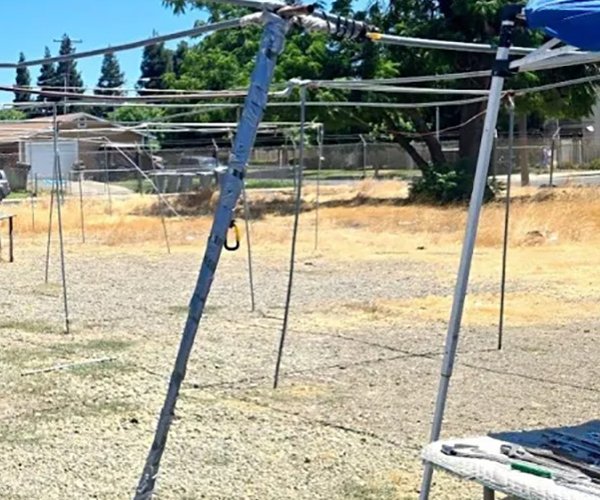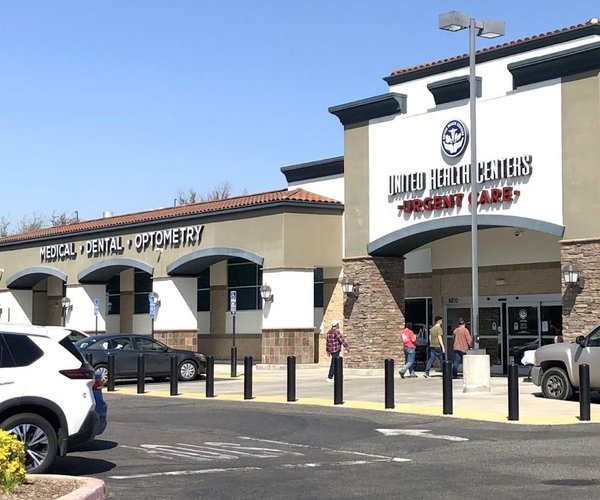The Turlock City Council is seeking ways to increase revenue for the City coffers in order to fund much-needed public safety pay increases, as well as a number of other needs identified by City department directors.
According to information provided by Interim City Manager Robert Talloni, the City is projected to be deficit spending $1.3 million to close out the 2017-18 fiscal year and $1.3 million for 2018-19. That does not include any salary increases for public safety employees, possible litigation costs and a $2.5 million deficit in the Engineering Fund.
The Council held a workshop on Friday to solicit revenue generating ideas from the public, as well as staff identified options.
Local attorney Mike Warda, representing clients seeking to grow and sell cannabis in Turlock, presented the idea of the Council revisiting the City’s ban on marijuana operations.
“Modesto passed a (marijuana) tax in this last November election. It passed by 82 percent. So that 50 percent (approval) number we saw in November 2016 changed once it became legal in the state. People look at it differently. I think that Turlock would look at it differently than 50-50 if they were given the decision of do we want to regulate this or do you want to just leave it the way it is,” said Warda.
According to Warda, if Turlock allowed marijuana grows and dispensaries it would mean $3 million a year in sales tax and another $3 million a year in a special tax that would go directly to the City of Turlock.
If the Council decided to revisit allowing marijuana sales and grow operations in Turlock, it would be a 180-degree turnaround from earlier actions.
The Turlock City Council made it clear in January 2017 that there would be no marijuana dispensaries in town when they voted to prohibit all commercial activities related to cannabis, including cultivation and cannabis deliveries within the city. In January 2018, the Council adopted a policy to deny approval to any cannabis-related enterprise within Turlock’s sphere of influence in the county.
The Council expressed differing views on revisiting allowing marijuana in Turlock during the workshop. Council member Gil Esquer said he would consider allowing marijuana if it would bring in revenue, but Vice Mayor Matthew Jacob said he would prefer to put it out as a referendum to the voters.
I object to the false choice that we as a community need to compromise our values in order to meet our financial needsJacob
Other revenue ideas discussed included increasing the City’s Transient Occupancy Tax (the tax paid by those staying in hotels), creating a public safety tax or increasing the City’s sales tax — both of which could be put on the November ballot.
Currently, Turlock’s TOT is at 9 percent generating $1.4 million a year in revenue. In comparison, Modesto’s rate is 9 percent, with Ceres and Merced at 10 percent. If the Council decided to increase the TOT rate by 1 percent, it could generate an additional $162,000 a year (based on current collections).
The approximate $162K a year would fall short of the projected $6 million a year of funding needed to fully staff the police department.
To generate $6 million a year in revenue, voters would need to pass a quarter to a half cent tax.
In order to get a public safety tax (or any other measure) on the November ballot, the City would have to send information to Stanislaus County by July 5.
If the Council decided to move forward with a public safety tax, the next step would most likely be to hire a consultant to poll voters on possible support for a new tax.
The City Council also talked about looking at Turlock’s business license tax rates.
“I represent a district that the median income is below Stanislaus County, dropping another tax on them for anything is going to be a financial burden basically. So, I am not in favor of throwing any more taxes on them,” said Esquer.
Turlock Associated Police Officers President Brandon Bertram said Friday that while he doesn’t have a solution for the City’s revenue problems, the need for police department pay increases to stem the tide of officers and dispatchers leaving Turlock for better financial opportunities was critical.
“Today we’re down 10 allotted police officers…We’re down eight allotted dispatchers…Dispatch by far is the most critical unit in our police department right now. Our dispatchers are working 12-hour shifts seven days a week. They’re not scheduled to that, they’re volunteering to do that to keep all of you safe,” said Bertram.
He said that officers are also working a large amount of overtime.
“It has to be fixed. Our salaries are not comparable, we’re losing people weekly. We cannot recruit and we cannot draw applicants, qualified applicants,” Bertram continued.
As Friday’s meeting was a workshop, the Council took no action. None of Friday’s revenue ideas were considered during Tuesday’s regularly scheduled City Council meeting.









